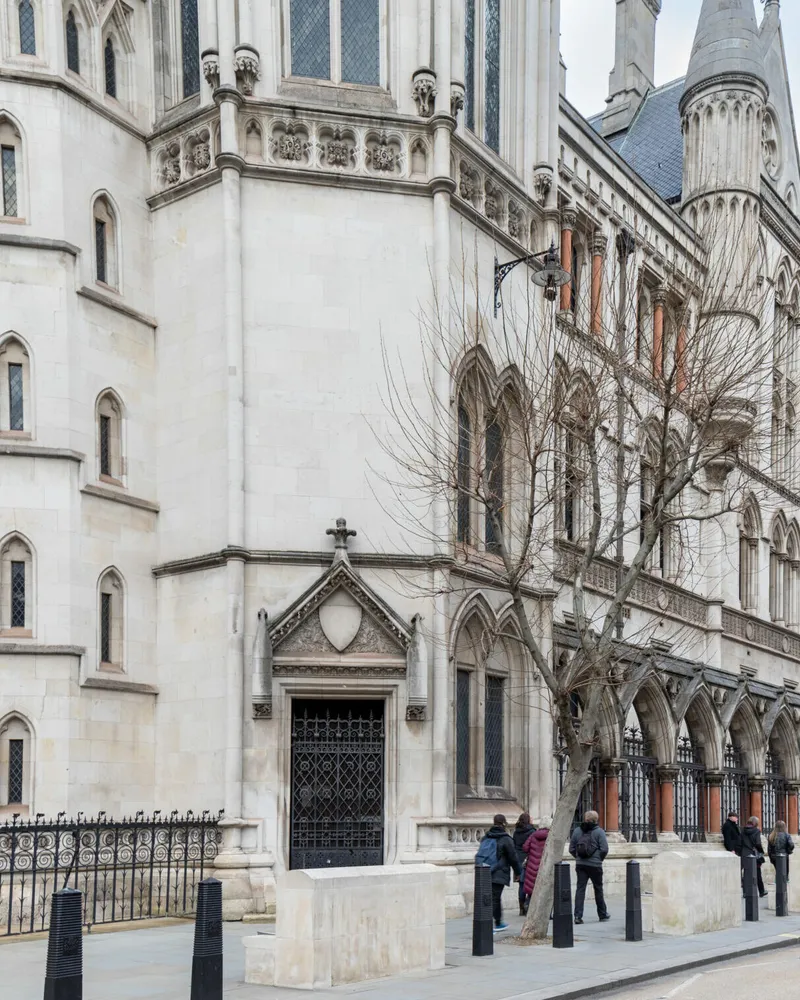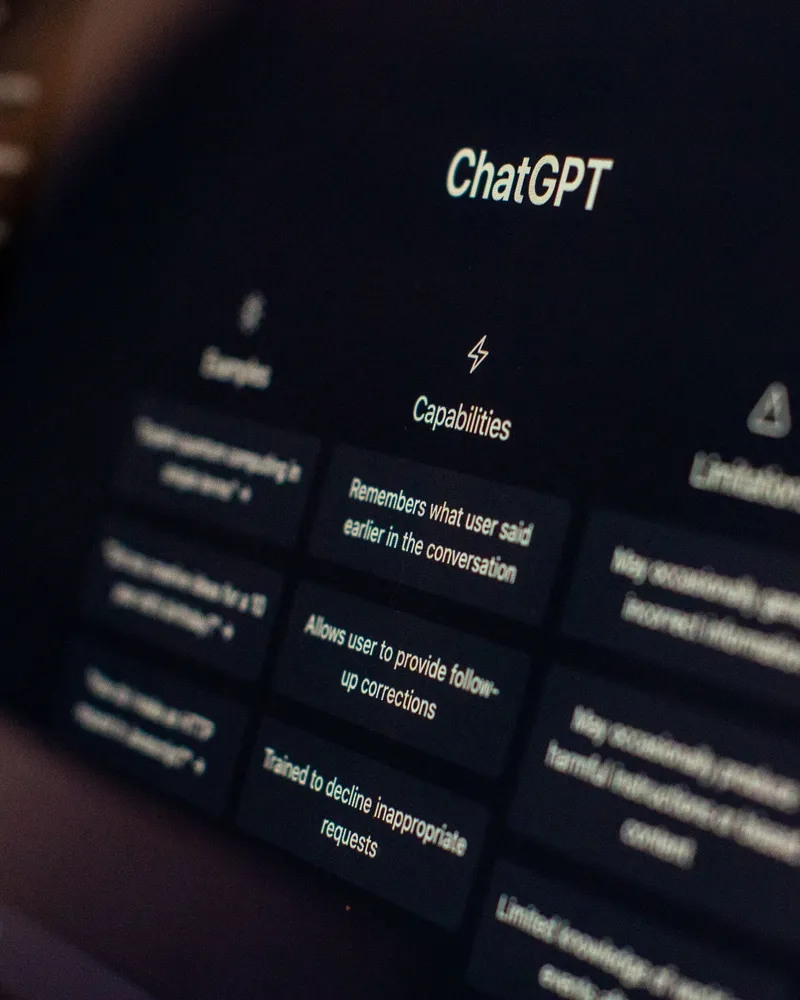

The study is the first to explore how sitting members of the judiciary view the role of AI in court processes.
It is based on focus-group discussions with 12 judges from across the UK judiciary — including five from the Supreme Court — and captures both optimism and caution around the potential integration of AI in the justice system.
Judges involved in the study highlighted areas where AI could improve court efficiency, such as automating paperwork, triaging small claims, and generating audience-specific judgment summaries. Some also saw potential for the technology to relieve pressure on the courts by freeing up time for complex or high-stakes cases.
“Anything that can improve efficiency and productivity whilst ensuring we don’t lose the essence of what justice is, is exciting and to be welcomed,” one judge commented during the focus sessions.
However, when asked whether AI could eventually take on decision-making roles, most participants expressed strong reservations — particularly for anything beyond small-money claims.
“When we come out of a case, we all meet together and discuss what we think about it and why,” said one judge. “We can’t have a room of robots doing that.”
Another added:
“People take comfort from having a human face, a human decision maker … I doubt whether AI will achieve that cathartic role that human justice does.”
Among the study’s key recommendations is a proposal for a randomised controlled experiment to assess the impact of AI on judicial performance. The trial would compare outcomes between a group of judges using AI tools and a control group working without them.
Researchers suggest such a study could evaluate not just measurable outcomes — such as case throughput or appeal reversal rates — but also qualitative factors like litigant satisfaction, perceived fairness, and public confidence in the justice system.
The study notes that judges’ views on AI are significantly shaped by two factors: their current level of familiarity with the technology, and their understanding of what generative AI can realistically do — both of which are expected to evolve rapidly in the coming years.
The findings support the view that AI could play a valuable complementary role in the legal process, provided that its use is carefully defined and human oversight is preserved.
“Our research points toward a legal future where AI complements rather than replaces human judgment,” said co-author Dr Brian Flanagan, Associate Professor of Law at Maynooth University, Ireland.
“Our participants believe that the thoughtful integration of AI could enhance the judicial process, but that clear boundaries must be established to maintain the core human values inherent in justice.”
While the report does not advocate immediate implementation of AI in judicial settings, it provides a foundation for further policy exploration and experimental research. Its findings suggest that a “human-plus-AI” model may offer the most widely acceptable route forward.
The report concludes that while technology can assist with the mechanics of justice, trust, empathy and legitimacy remain firmly human qualities — at least for now.




Advancements in artificial intelligence (AI) have permeated various industries, and the legal profession is no exception...

